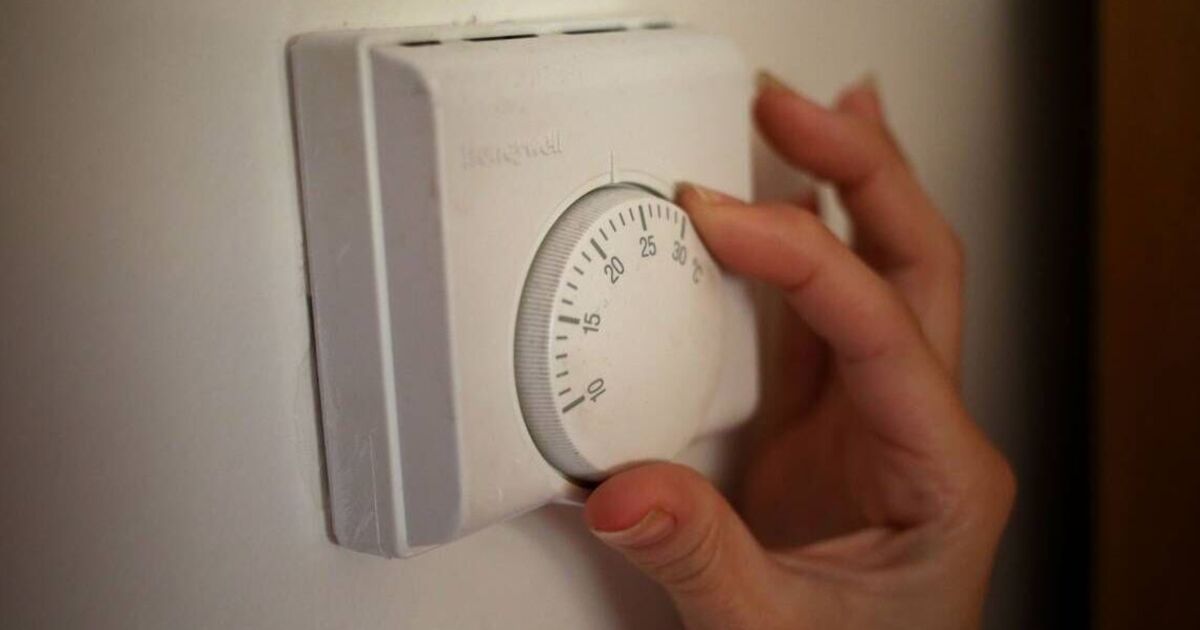
Social workers are reporting “Dickensian” conditions as some families choose between heating and eating, according to a union survey.
Professionals in the sector are “all too often” reporting that people they are trying to support are “living in substandard and dangerous housing”, the Social Workers Union (SWU) said.
In a snapshot of the experiences of some of those working with the most vulnerable families across the UK, social workers reported the consequences of high energy costs.
Some said the families they work with did not have enough money for “basic essentials” this winter, while others reported that “families are living in cramped and mouldy” conditions.
The End Fuel Poverty Coalition said there must be a “structured programme of financial support announced well in advance to help people through next winter”.
The small survey was completed in February by 716 social workers just over four percent of the 16,000 frontline social workers who are members of the SWU. Some 348 of the respondents gave written comments.
One wrote: “It is a choice between eating and heating. The state of homes has become Dickensian.”
Another stated: “Pre-Victorian times. An absolute disgrace. Change is needed.”
John McGowan, the general secretary of SWU, stated: “While politicians try to kid themselves that the cost-of-living crisis is over, the reports from our members show just how dangerous this winter has been.”
“All too often social workers are reporting seeing people living in substandard and dangerous housing. This happens in all parts of the country, but we know that people living in the private rented sector can be among the worst affected.
“Children living in cold, damp, mouldy homes is a national scandal and we need to see drastic action being taken to fix Britain’s broken energy system.”
Dr Cath Lowther, the head of the Association of Educational Psychologists, said: “Children and young people living in the damp and the cold cannot thrive and develop. Living in such conditions is adversity, plain and simple.
“If the Government is serious about improving the lives of our children and young people, starting with safe, adequate housing needs to be a priority.”
Simon Francis, who leads the End Fuel Poverty Coalition, added: “What we need to see is a much faster rollout of programmes to improve the energy efficiency of buildings and bring down the cost of energy.
“The reality is though that there will also need to be a structured programme of financial support announced well in advance to help people through next winter.”
A representative for the Department for Levelling Up, Housing and Communities stated: “Everyone has the right to a warm, secure and decent home, and we expect landlords to meet our energy efficiency standards before letting properties.”
“We are introducing a Decent Homes Standard in the private rented sector for the first time and have also passed the Social Housing (Regulation) Act, which will deliver significant changes across the sector to ensure landlords are held to account for their performance.”






